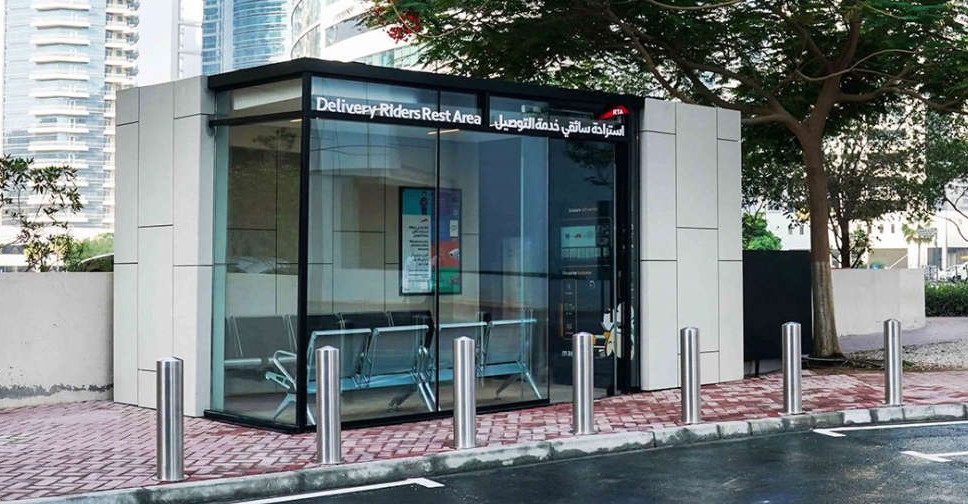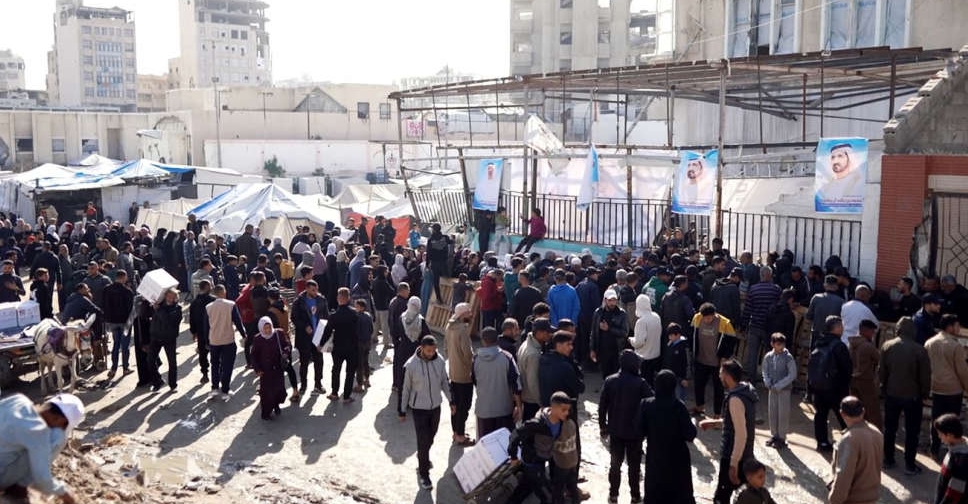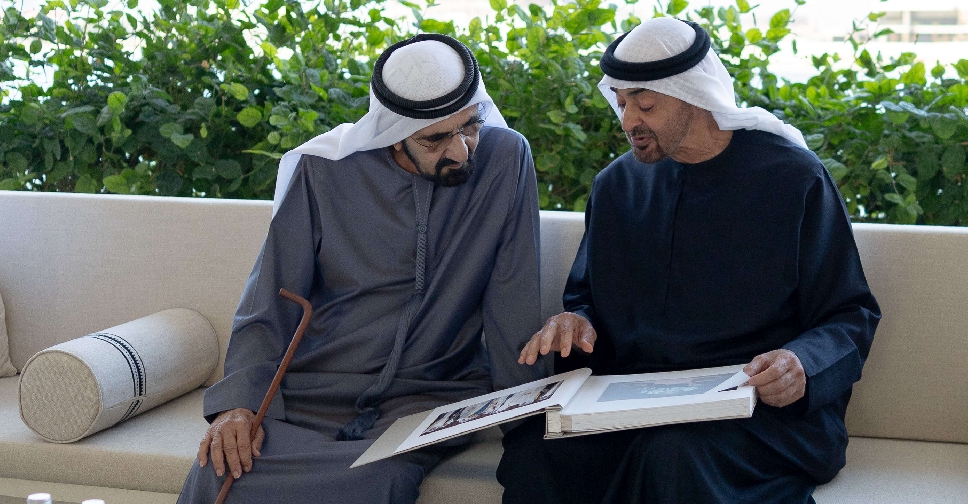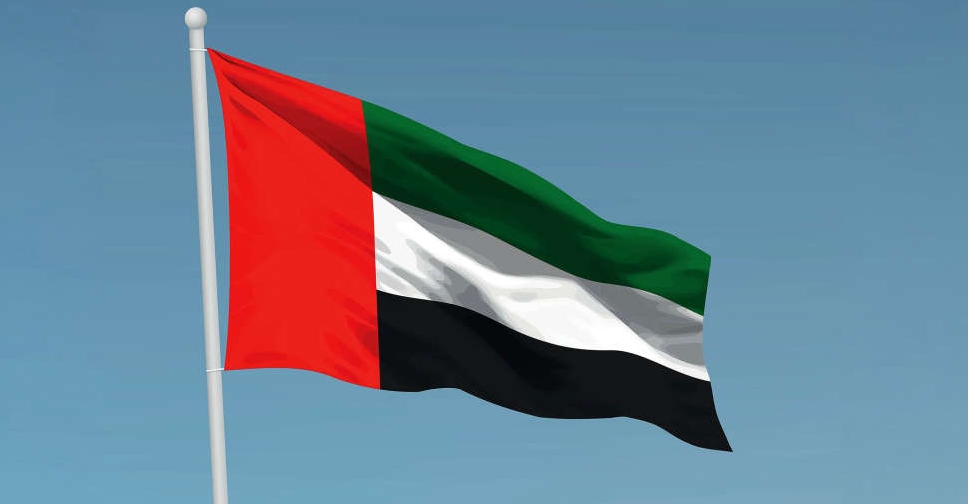
Dubai's Roads and Transport Authority (RTA) will build 40 air-conditioned rest areas for delivery riders in key parts of the city.
It will be equipped with a snack dispenser, water cooler and mobile phone charging station, and offer riders a place to relax while waiting for their next order.
Each area will be able to accommodate up to 10 people, depending on the district, and will have ample parking spaces for motorcycles nearby.
So far, two rest areas have been built in Al Barsha, with the remaining ones scheduled for construction in three phases.
Additionally, more rest areas are planned for Arabian Ranches, International City, Business Bay, Al Quoz, Al Karama, Al Satwa, Al Jaddaf and Mirdif.
These areas, the authority added, were identified following the analysis of operational data and demand.
"All rest areas are expected to be operational by July 2024," announced Mattar Al Tayer, Director General, Chairman of the Board of Executive Directors of RTA, adding that the move aims to "provide a proper working environment for delivery riders" given the substantial growth of the delivery business in recent years.
The number of companies offering motorcycle delivery services in Dubai grew to 2,891 in 2022, which represents a 40 per cent increase compared to the previous year.
Part of RTA’s efforts to regulate and enhance the safety of the delivery sector, RTA has started the construction of 40 air-conditioned rest areas for delivery riders in key areas across Dubai.
— RTA (@rta_dubai) November 5, 2023
Each rest area is air-conditioned and equipped with a snack dispenser, water cooler… pic.twitter.com/dOeeM26Y3Z




 Over 7,300 tonnes of UAE humanitarian aid arrives in Gaza
Over 7,300 tonnes of UAE humanitarian aid arrives in Gaza
 UAE President gifts H.H. Sheikh Mohammed photo album celebrating shared journey
UAE President gifts H.H. Sheikh Mohammed photo album celebrating shared journey
 UAE condemns terrorist bombing targeting Pakistani police forces
UAE condemns terrorist bombing targeting Pakistani police forces
 UAE welcomes US designation of Muslim Brotherhood branches as 'terrorists'
UAE welcomes US designation of Muslim Brotherhood branches as 'terrorists'
